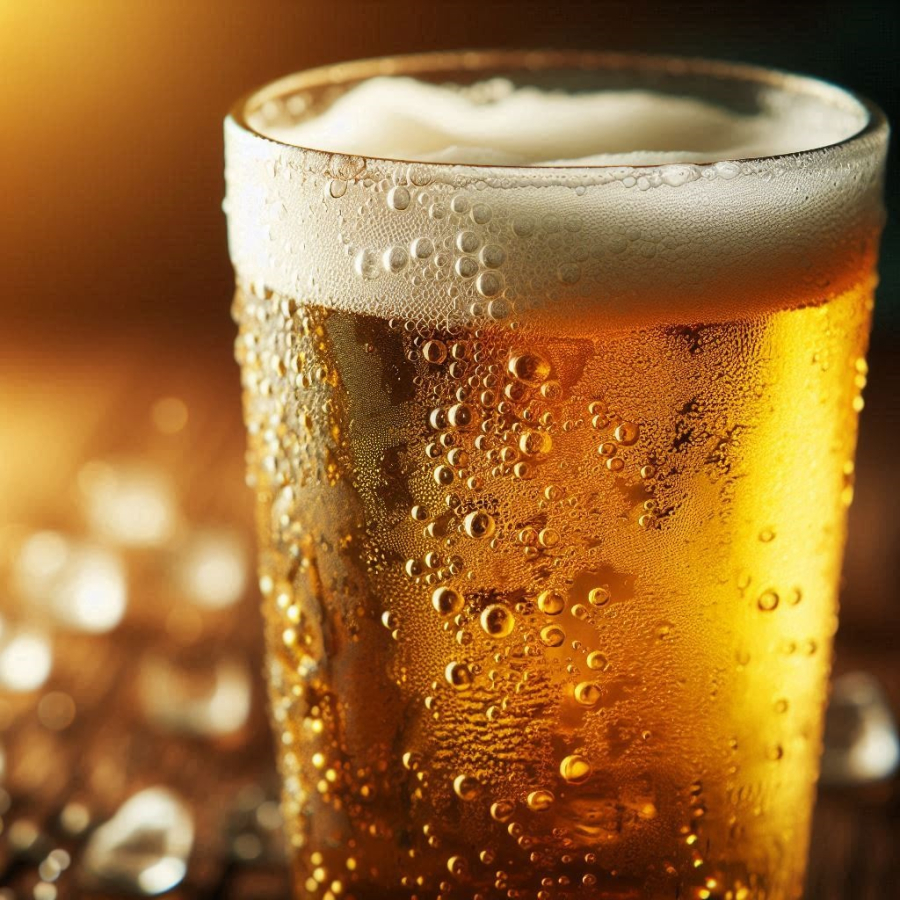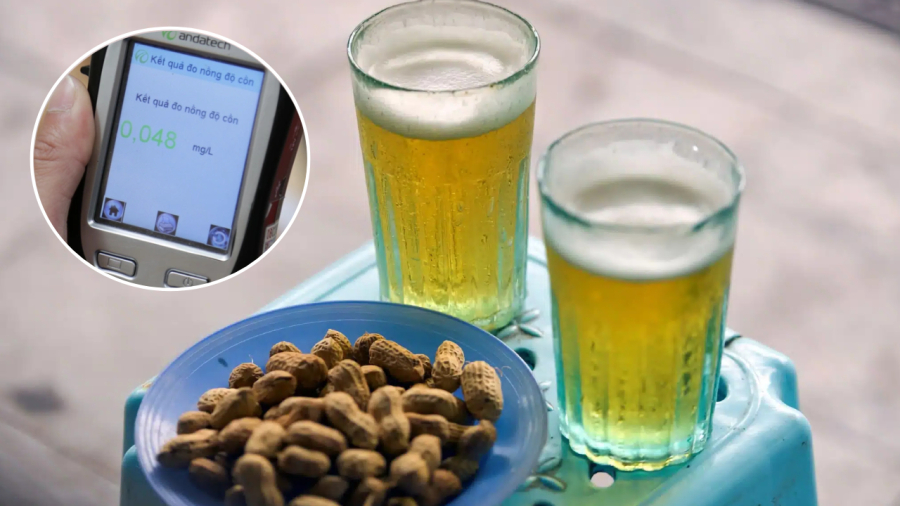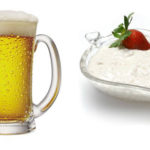The alcohol content in beer can remain in the body for a certain period. However, it is challenging to provide an exact answer to how long it takes for the breath to be free of alcohol after consuming one cup of beer. The time required to eliminate all traces of alcohol from the body varies from person to person and is influenced by various factors.
According to the World Health Organization (WHO) convention, one unit of alcohol is equivalent to 10 grams of pure ethanol, which is the amount found in 200ml of beer, 75ml of wine, or 25ml of spirits. By calculating the number of units of alcohol consumed, we can estimate the time needed to eliminate it from the body. It is important to note that this estimation is based on average health conditions and may differ for individuals.

The rate of alcohol elimination varies from person to person, resulting in different times to reach zero alcohol levels.
For a healthy adult, the liver typically metabolizes one unit of alcohol per hour. Approximately 10-15% of the alcohol is eliminated through respiration, skin, and sweat, while the remaining 85-90% is processed by the liver. The actual rate of alcohol elimination can be faster or slower depending on an individual’s physical condition.
One cup of beer contains roughly two units of alcohol. On average, it takes the body about two hours to eliminate this amount of alcohol. Subsequently, the body requires an additional two to three hours to reduce the alcohol levels in the blood to zero. Therefore, after consuming one cup of beer, it could take up to five hours for the alcohol content to completely return to zero.
Interestingly, research indicates that when the body’s alcohol levels are high (from consuming large amounts of alcohol), the liver’s alcohol elimination rate tends to increase. Conversely, when alcohol levels in the body are low, the liver’s elimination rate slows down.
Additionally, individuals with impaired liver function or a slower metabolism will generally take longer to eliminate alcohol from their system.

It is recommended to refrain from drinking alcohol at least 5-6 hours before driving.
According to current traffic regulations, even a trace amount of alcohol in the breath, below 0.25mg/l, is considered a violation for drivers. Therefore, it is advisable to refrain from drinking alcohol at least 5-6 hours before driving. If you consume 5-6 cans of beer, your body will need a minimum of 12 hours to eliminate the alcohol, and it is recommended to wait at least 24 hours to ensure no alcohol is detectable in your breath.
5 Incredibly Useful Hacks for Expired Beer at Home!
 Beer at Home!’>
Beer at Home!’>Don’t discard expired or opened beer cans without finishing them, you can make use of them in household chores!

































